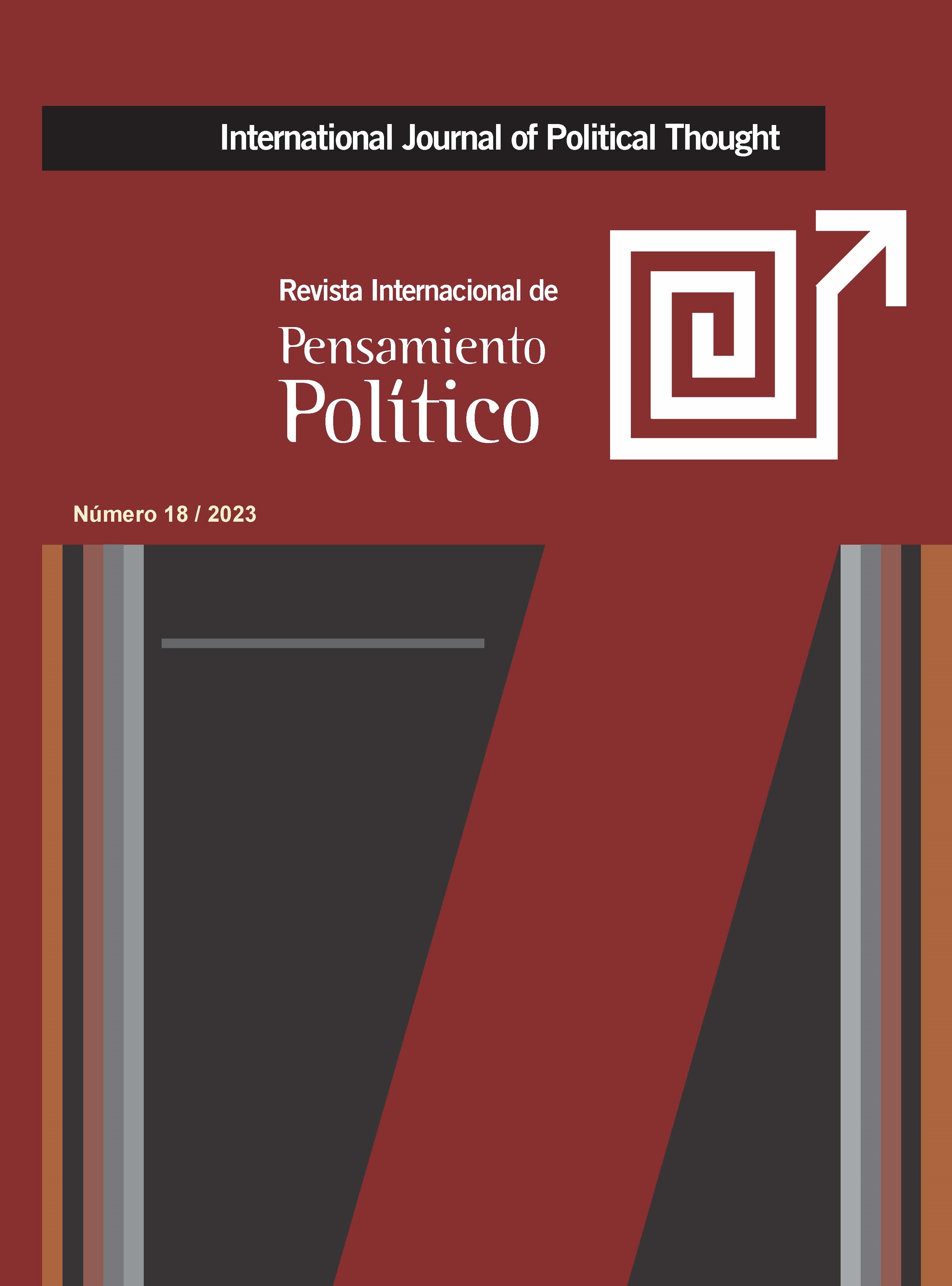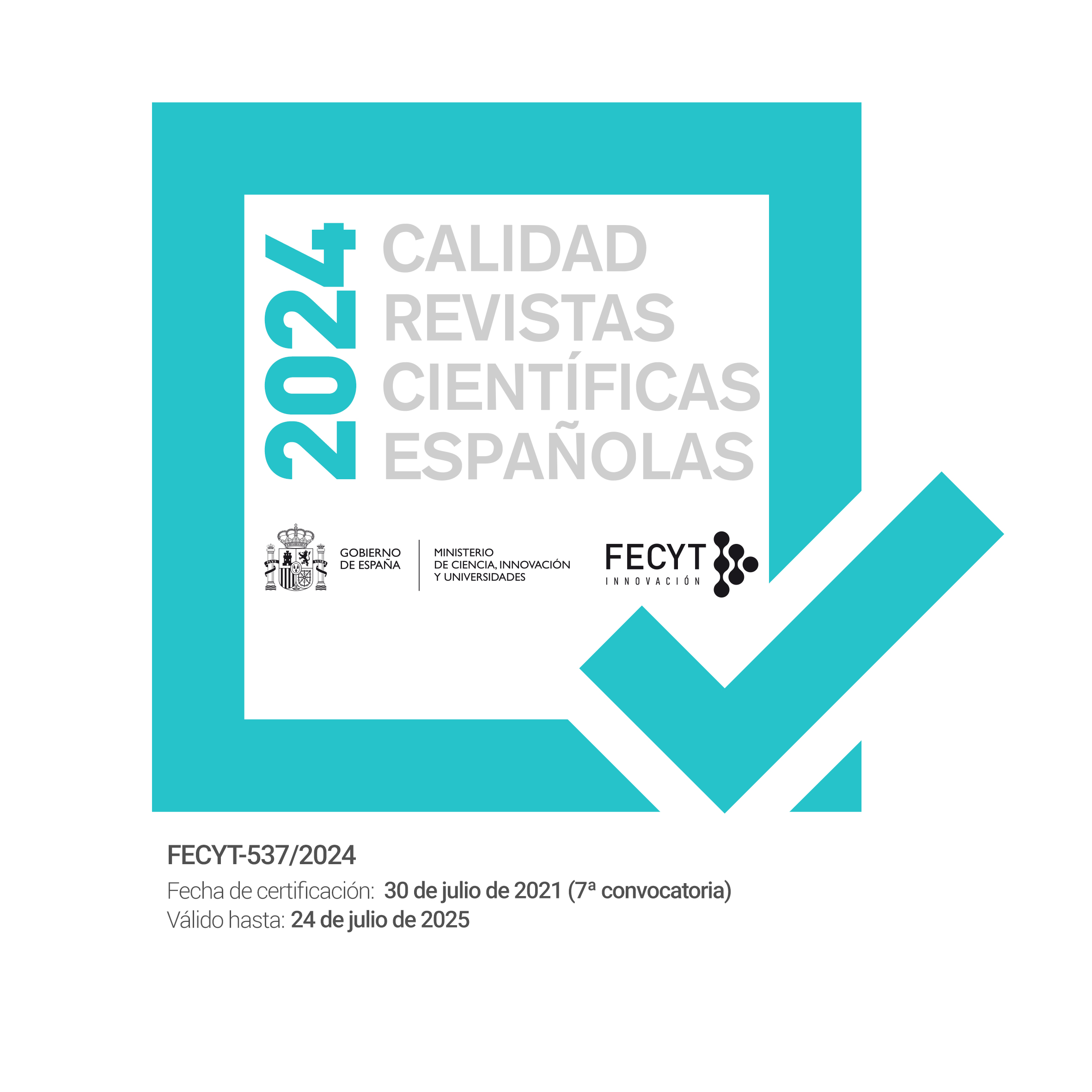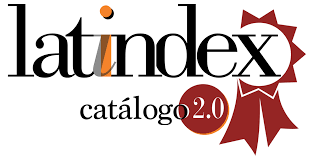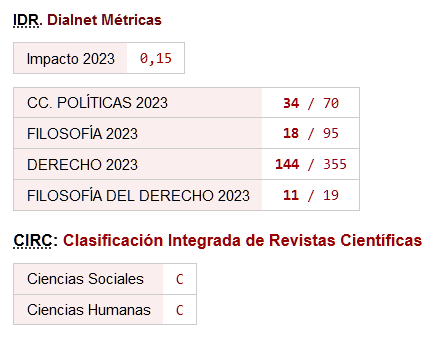The fundamental value of the right of access of article 105 b) of the spanish constitution and its relationship with algorithmic transparency
DOI:
https://doi.org/10.46661/revintpensampolit.8520Keywords:
Algorithm, right of access, right to information, transparencyAbstract
It is not hidden from anyone that the standardized use of artificial intelligence and algorithms have generally had a positive impact on the lives of human beings. They represent a plus of effectiveness and efficiency in the work carried out by both public and private entities. Its growing capacity in terms of prediction, analysis and evaluation in different sectors of life are undeniable insofar as they imply an improvement in individual and collective well-being as indicated by the Constitution. In this context, the fallacious selfreferentiality of technological processes is insisted on, thus avoiding any type of value control over them, and therefore the possibility of subjecting them to public scrutiny. Functional or useful argument in pragmatic terms since it can have effects before the actual or potential interlocutors, but it cannot be considered as rational at all since it annuls any condition of the communication itself and consequently of the argument. The right of access to the algorithm and its source code has ample support in the fundamental norm. Given the legislator’s delay in fully regulating the use of this technology, recognizing new rights, the interpretative work that can be carried out in judicial and/or doctrinal venues would not, in our opinion, be lacking in reason or devoid of antecedents that support it. A finalist interpretation of the right of access makes it possible to sustain the possible connection between the right of access to algorithms and the right to freedom of information insofar as its exercise would make the State more transparent.
Downloads
References
Balaguer Callejón, M.L., (2022). Interpretación de la Constitución y Ordenamiento Jurídico. Centro de Estudios Políticos y Constitucionales. Agencia Estatal. Boletín Oficial del Estado, Madrid.
Balaguer Callejón, F., (2022). La Constitución del algoritmo. Colección Estudios, Nº 9.
Cáceres Nieto, E., (2023). "La inteligencia artificial aplicada al Derecho como una nueva rama de la teoría jurídica". Anales de la Cátedra Francisco Suárez 57, pp. 63-89. https://doi.org/10.30827/acfs.v57i.26281
Capilla Roncero, F.S. (Dir.), (2019). Derecho digital: Retos y cuestiones actuales, Thomson Reuters Aranzadi, Cizur Menor.
Carullo, G., (2021). "Decisione amministrativa e intelligenza artificiale", Diritto dell'informazione e dell'informatica, nº 3, pp. 431-461.
Cerrillo I Martínez, A., (2019). "El impacto de la inteligencia artificial en el derecho administrativo ¿nuevos conceptos para nuevas realidades técnicas?", Revista General de Derecho Administrativo, núm. 50, pp. 1-38.
Citron, D.K., (2008). "Open Code Governance". The University of Chicago Legal Forum. Comisión Europea. Libro Blanco sobre la Inteligencia Artificial- un enfoque europeo orientado a la excelencia y la confianza, COM (2020) 65 final.
Cotino, L., (2021). "Hacia la Transparencia 4.0: el uso de la Inteligencia Artificial y big data para la lucha contra el fraude y la corrupción y las (muchas) exigencias constitucionales", en Ramió, C. (Coord.), Repensando la Administración digital y la innovación pública, Instituto Nacional de Administración Pública, Madrid.
Cotino, L., (2022). "Transparencia y explicabilidad de la inteligencia artificial y "compañía" (comunicación, interpretabilidad, auditabilidad, testabilidad, comprobabilidad, simulabilidad…)", en Cotino, L. y CastellanosS, J. (Eds.): Transparencia y explicabilidad de la inteligencia artificial, Tirant Lo Blanch, Valencia.
Gómez Jiménez, M.L., (2021). Automatización procedimental y sesgo electrónico: el procedimiento administrativo electrónico desde la Inteligencia Artificial, Thomson- Reuters Aranzadi, Cizur Menor. Revista Internacional de Pensamiento Político - I Época - Vol. 18 - 2023 - [173-189] - ISSN 1885-589X 188
Díez Picazo, L.M., (1996). "El Secreto de Estado en el proceso penal. A propósito de la Sentencia del Tribunal de Conflictos Jurisdiccionales de 14 de diciembre de 1995", La Ley, año XVII, nº. 3.952, pp. 1564-1566.
Giuseppe Orofino, A., (2020). "The Implementation of the Transparency Principle in the Development of Electronic Administration", European Review of Digital Administration & Law, vol. 1, núm. 1-2, pp. 123-142.
Gomes Canotilho, J. J., (2019). "Sobre a indispensabilidade de una Carta de Direitos Fundamentais Digitais da Uniào Europeia", R. Trib. Reg. Fed. La Regiao, Brasilia, DF, v. 31, n. 1, pp. 69-75.
Gutiérrez David, M.E., (2021). "Administraciones inteligentes y acceso al código fuente y los algoritmos públicos. Conjurando riesgos de cajas negras decisionales", Derecom, 31,. http://www.derecom.com/derecom/, pp. 143-228.
Jimena Quesada, L., (2020). "Perfiles actuales del buen gobierno como imperativo de calidad democrática: una visión desde Europa y España", Anuario de la Red Eurolatinoamericana de Buen Gobierno y Buena Administración, n. º 1, pp. 5-31.
López Aguilar. J.F., (2023). "Transparencia, un derecho europeo, y su relación con otros bienes constitucionalmente relevantes", Revista Española de la Transparencia. RET. ISSN 2444-2607, Núm. 17. Número Extraordinario, pp. 23-49. https://doi.org/10.51915/ret.305
Martin Delgado, I., (2023). "La aplicación del principio de transparencia a la actividad administrativa algorítmica". En Gamero Casado, E., (Dir), Inteligencia artificial y Sector Público. Retos, límites y medios.
Medina Guerrero, M., (2022). "El derecho a conocer los algoritmos utilizados en la toma de decisiones. Aproximación desde la perspectiva derecho fundamental a la protección de datos personales", TRC, Nº 49, pp. 141-171. https://doi.org/10.5944/trc.49.2022.33847
Menedez Villaverde, I., (1994). Estado democrático e información: el derecho a ser informado y la Constitución Española de 1978.
Menedez Villaverde, I., (2019). "El Marco Constitucional de la Transparencia". Revista Española de Derecho Constitucional, 116, pp. 167-191. https://doi.org/10.18042/cepc/redc.116.06
Mestre Delgado, J.F., (2018). "Una reflexión sobre la regulación constitucional del Derecho administrativo", Corts: Anuario de Derecho Parlamentario, núm. extra- 31, pp. 367-386.
Moral Soriano, L., (2022). "Decisiones automatizadas, Derecho Administrativo y argumentación jurídica", en Llano Alonso, F.H., Inteligencia Artificial y Filosofía del Derecho. Laborum Ediciones.
Pinotti, G., (2021). "Amministrazione digitale algorítmica e garanzie procedimentali", Labour & Law Issues, vol. 7, nº 1, pp. 178-195.
Ponce Solé, J., (2019). "Inteligencia artificial, Derecho administrativo y Reserva de Humanidad: Algoritmos y Procedimiento Administrativo Debido Tecnológico". Revista General de Derecho Administrativo, núm. 50, pp. 1-52.
Sancho Villa, D., (2021) "Las decisiones individuales automatizadas, incluida la elaboración de perfiles (comentario al artículo 22 RGPD)", en Comentario al Reglamento General de Protección de Datos y a la Ley Orgánica de protección de los datos personales y garantía de los dereRevista Internacional de Pensamiento Político - Vol. 18 - 2023 - [173-189] - ISSN 1885-589X 189 echos digitales (TRONCOSO REIGADA, A., dir.) Tomo I, Civitas/Thomson Reuters, Cizur Menor.
Soriano Arnanz, A., (2021). "Decisiones automatizadas: problemas y soluciones jurídicas. Más allá de la protección de datos", Revista de Derecho Público: Teoría y Método, Vol. 3, pp. 85-128. https://doi.org/10.37417/RPD/vol_3_2021_535
Soto Lostal, S., (2011). El derecho de acceso a la información. Tirant lo Blanch. Terol Becerra. M.J., (2011). "Aproximación al contenido de un Derecho Constitucional al medio ambiente", Estudios de Deusto, Vol. 59/2, Bilbao, junio-diciembre, pp. 169-208. https://doi.org/10.18543/ed-59(2)-2011pp169-208
Tomás Mallén, B., (2022). "La noción de buen gobierno en el Tribunal de Justicia de la Unión Europea", Anuario de la Red Eurolatinoamericana de Buen Gobierno y Buena Administración, n. º 2.
Downloads
Published
How to Cite
Issue
Section
License
Copyright (c) 2023 Abdelhamid Adnane Rkioua

This work is licensed under a Creative Commons Attribution-NonCommercial-ShareAlike 4.0 International License.
Open access policy
Free and open access is allowed to any interested party to all the contents of the journal issues, free of charge, being able to print and transfer all the articles, with the only condition of specifying the source and authorship.
The journal: a) does not charge authorship costs for the processing of articles or for their submission, b) maintains copyright for authors without restrictions, c) facilitates authors to keep their publication rights without limitations.
The International Journal of Political Thought is an original work of the Laboratory of Political Ideas and Practices of the Pablo de Olavide University. All articles included in the Journal are original work of their respective authors. This Journal is freely offered to the scientific and academic community at no cost and releases the contents according to the license "Attribution-NonCommercial-ShareAlike 4.0 CC BY-NC-SA" of the Creative Commons project available in the following url: https://creativecommons.org/licenses/by-nc-sa/4.0/legalcode
If you wish to translate or compile any of the articles available here, please contact us at contacto













 ISSN: 1885-589X
ISSN: 1885-589X  Universidad Pablo de Olavide
Universidad Pablo de Olavide